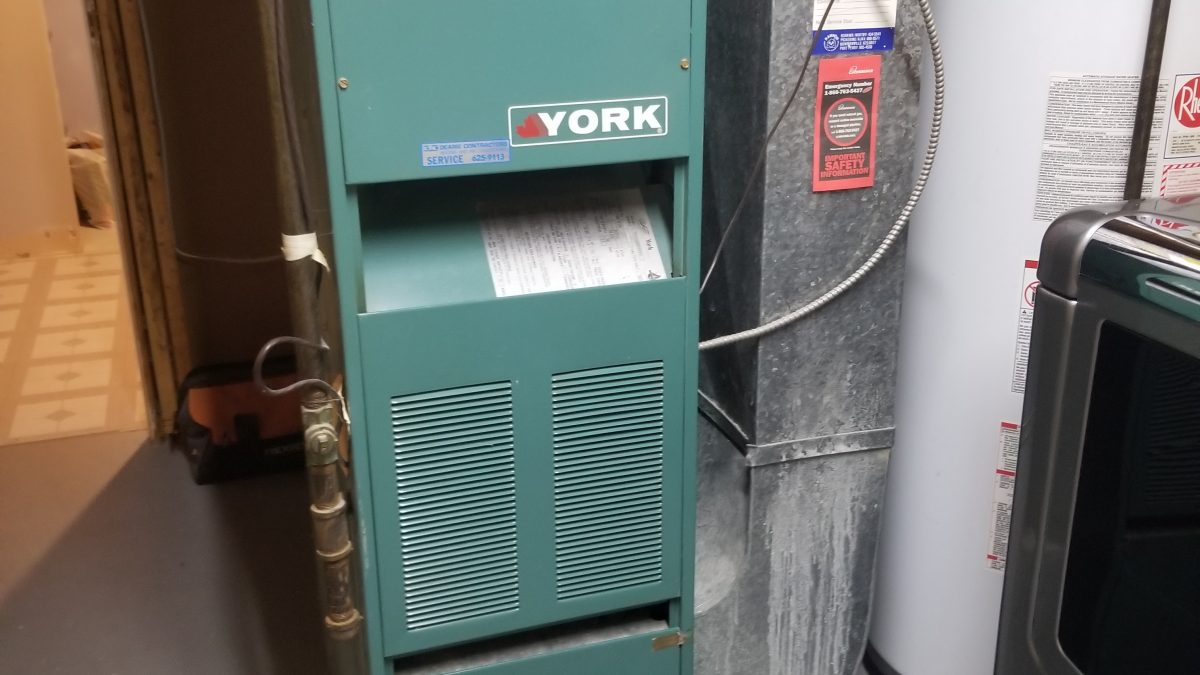Gas Furnace VS Oil Furnace in scarborough

DEBUNKING HVAC MYTHS!
April 29, 2021
DEBUNKING SOME MORE HVAC MYTHS!
April 29, 2021Gas Furnace VS Oil Furnace in scarborough
It’s a long and cold shivering winter, furnaces are always an essential part of our homes. It can be operated with natural gas and oil. Why are some homes heated with gas and others with oil? Both options are available to homeowners here in our area. But the questions are: what are the differences between gas and oil furnaces and which one is better, gas or oil?
You may definitely want to stay with the type of system you are already familiar with and, of course, the efficiency and cost of heating a home. For those who are considering a new furnace, here is some useful information that may help in your decision about your options.
Furnace Efficiency
Efficiency rating is always the first thing to look at when shopping for a furnace; this rating measures the efficiency of a machine’s combustion, where higher rating signals higher efficiency. Every HVAC brand sold in Canada has a model with an AFUE rating, so no matter what your budget is, you’ll be able to find a high-efficiency furnace for your home.
Most of new oil furnaces have AFUE ratings between 80% and 90%, while gas furnaces have ratings between 89% and 98%. Although gas furnaces are more efficient than oil furnaces, that efficiency comes at a price—gas units are typically 10% to 25% higher in price than the same size oil furnace. All new furnaces are substantially more efficient than the furnaces from the previous decade by as much as 30%.
Fuel Costs
Homeowners who have a limited budget to invest in a new furnace might find oil furnaces more attractive than gas ones. When we talk about cost, the gas furnaces are more expensive, it could be up to 25% higher than the oil.
The upfront cost isn’t the only consideration in choosing a new furnace. New gas furnaces are more energy-efficient than the new oil furnaces. If you consider the difference in fuel cost due to the higher efficiency of gas furnaces, the higher initial cost might seem acceptable. Most agree with the given choice that natural gas tends to be the most abundant and least expensive fuel, with the most efficient furnace models available, which means you save energy and money.
If you own a home with an oil furnace, it might be due to the availability of fuels in your area, and it might just mean that’s the best choice for you and your home.
Here some of the pros and cons of gas & oil furnaces:
Gas Furnaces
First, gas furnaces have higher efficiency ratings and their fuel costs less, but your home must be in an area where gas supply is available.
Second, furnaces require little maintenance, but the gas furnace provides less heating than oil.
Third, furnaces are quieter and cleaner, but they cost more than oil furnaces.
Oil Furnaces
First, the oil furnace provides more heating than gas furnaces, but an on-site storage tank is required and oil must be delivered.
Second, oil furnaces are regularly and easily serviced by the delivery, but maintenance is more extensive due to dirt and soot buildup—chimneys must be cleaned and the oil filters changed frequently.
Third, oil furnaces cost less than gas furnaces, but efficiency is lower and fuel prices are higher than with gas systems.
Before making new furnace decisions, whether it is an existing system or a new one, do your homework and consult an HVAC technician in your area to have the best possible information on furnaces for your new home or replacing.
For more energy saving and home comfort tips, visit alliancehvac.ca, perfect partner for your air conditioning repair, furnace repair and HVAC tips and advice.

